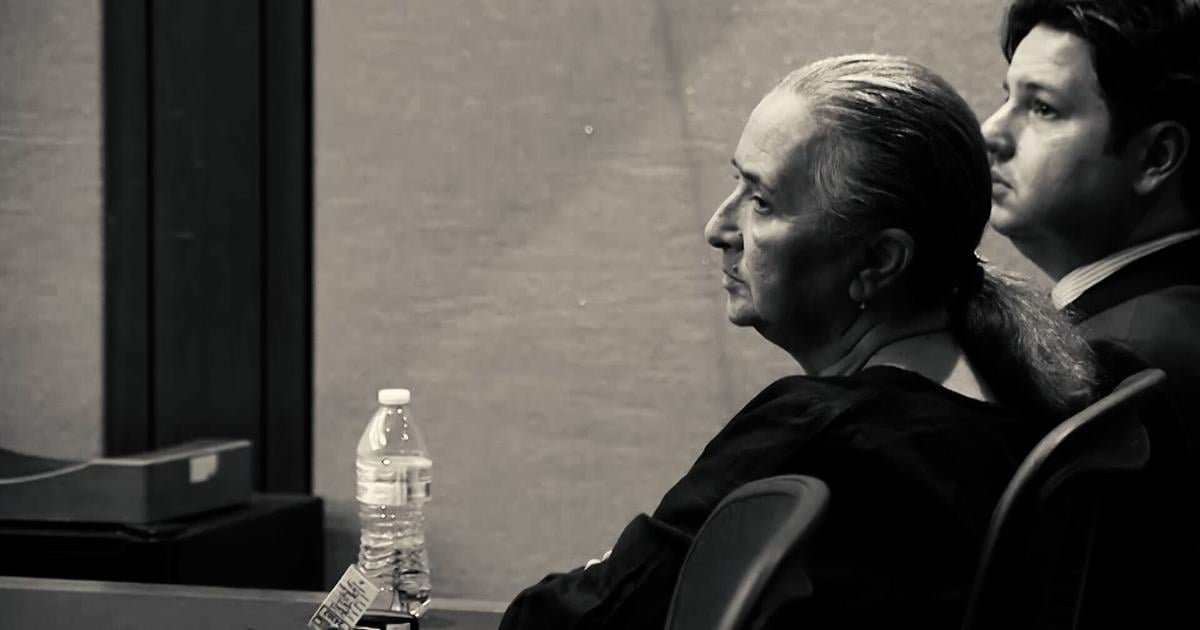In the latest poll ahead of California's Senate election, Rep. Adam B. Schiff has slightly widened his already sizable lead over retired Dodgers All-Star Steve Garvey, with the Burbank Democrat now holding a 20-point lead over his Republican opponent.
According to a University of California, Berkeley Institute of Governmental Studies poll co-sponsored by the Los Angeles Times, Schiff was the candidate favored by 53 percent of state voters, while Garvey was favored by 33 percent.
A February Berkeley IGS poll of likely voters ahead of the state's March primary showed Schiff leading 53% to 38%, or 15 points, against Garvey, with 9% undecided. While Schiff's support remains stagnant, Garvey's has fallen by five points and the number of undecided voters has increased by the same amount, to 14%.
In states where Democrats hold most seats 2-to-1 Advantage in Voter RegistrationSchiff is seen as the overwhelming favorite to take over the seat long held by the late Sen. Dianne Feinstein, who died in September. Gov. Gavin Newsom appointed Sen. LaFonza Butler to fill the seat on an interim basis, but Butler did not intend to retain the seat in the 2024 election.
Schiff's campaign declined to comment on the poll. Garvey's campaign manager, Andy Galacani, said in a statement that Schiff's “approval rating of just 53%” after “decades of political activism” is “ample evidence that the momentum in this election is in Steve Garvey's favor.”
“Adam Schiff has already spent tens of millions of dollars on advertising and is popular with voters, but Californians are listening to Steve Garvey with an open mind,” Galacani said.
Mark DiCamillo, director of the Berkeley IGS poll, said the latest results show no major changes among voters since February and were not surprising. He and other analysts said the race is shaping up to be fairly typical in California, with voters choosing candidates based on partisan loyalty and few crossing party lines.
“The problem for Garvey is that there are far more Democrats and liberals in the state than there are Republicans and conservatives,” DiCamillo said. “That's a structural problem for the Republican Party.”
Schiff and Garvey faced off after each received the most votes of any candidate in California's unusual “jungle primary” in March, with the top two vote-getters, regardless of party affiliation, advancing to the general election.
Schiff defeated Reps. Katie Porter of Irvine and Barbara Lee of Oakland in the primary. He spent millions of dollars on ads portraying the race as him versus Garvey, rather than him versus other Democrats. That trope is credited with boosting Garvey's name recognition and voter turnout, eliminating his more liberal opponents and easing his path to victory in the general election.
According to the poll, 84% of registered Democrats supported Schiff and 5% supported Garvey, while 88% of registered Republicans supported Garvey and 3% supported Schiff.
Among independent voters, 54% supported Schiff, 25% supported Garvey and 21% were undecided.
More than half of voters (52%) say it's very important to have a candidate who “will be a strong voice for abortion rights in the Senate,” which appears to be what's appealing to Schiff voters: 84% of Schiff supporters felt that way, compared with just 8% of Garvey supporters. Garvey supporters, meanwhile, were much more likely to say it was important to have a candidate who “supports stricter immigration laws.”
Schiff said access to safe abortion care is a right and should be guaranteed nationwide. Garvey, on the other hand, said he personally opposes abortion but supports Californians' “voice” on the issue. Both Schiff and Garvey call for comprehensive immigration reform. Schiff focuses in part on seeking a “path to citizenship” for undocumented immigrants, including those brought here as children, while Garvey focuses primarily on securing the border and rewarding “good actors” who follow existing naturalization rules.
DiCamillo said Schiff is pretty happy with the latest numbers: “If you've got over 80% of Democrats with him, that's a pretty good position to be in,” he said.
DiCamillo said California is “coastal-heavy,” with most voters living in counties bordering the Pacific Ocean or San Francisco Bay, and that Schiff has an advantage there.
Schiff's lead is most pronounced in the nine Bay Area counties, where 67% of voters support him to Garvey's 21%. In Schiff's home county of Los Angeles, home to a quarter of California's voters, Schiff leads with 53% to Garvey's 29%. Garvey has the most support in the Inland Empire and Central Valley, where he is nearly neck and neck with Schiff.
Garvey's campaign manager, Galacani, said Garvey has millions of dollars in an untapped “war chest” that he is preparing to use to “take his message of common sense, compassion and consensus directly to voters” and that “a lot can happen in the next three months.”
Galacani noted that Garvey outraised Schiff in the second quarter of this year, but campaign finance reports show that Schiff had nearly twice as much cash on hand as Garvey at the end of June, about $6.5 million to Garvey's $3.3 million.
The Berkeley IGS poll was conducted online in English and Spanish from July 31 to August 11 among 3,765 California voters who are likely to vote in November. The margin of error was estimated at 2 percentage points above or below, but the results were weighted to match census and voter registration standards, which may make them imprecise.
















